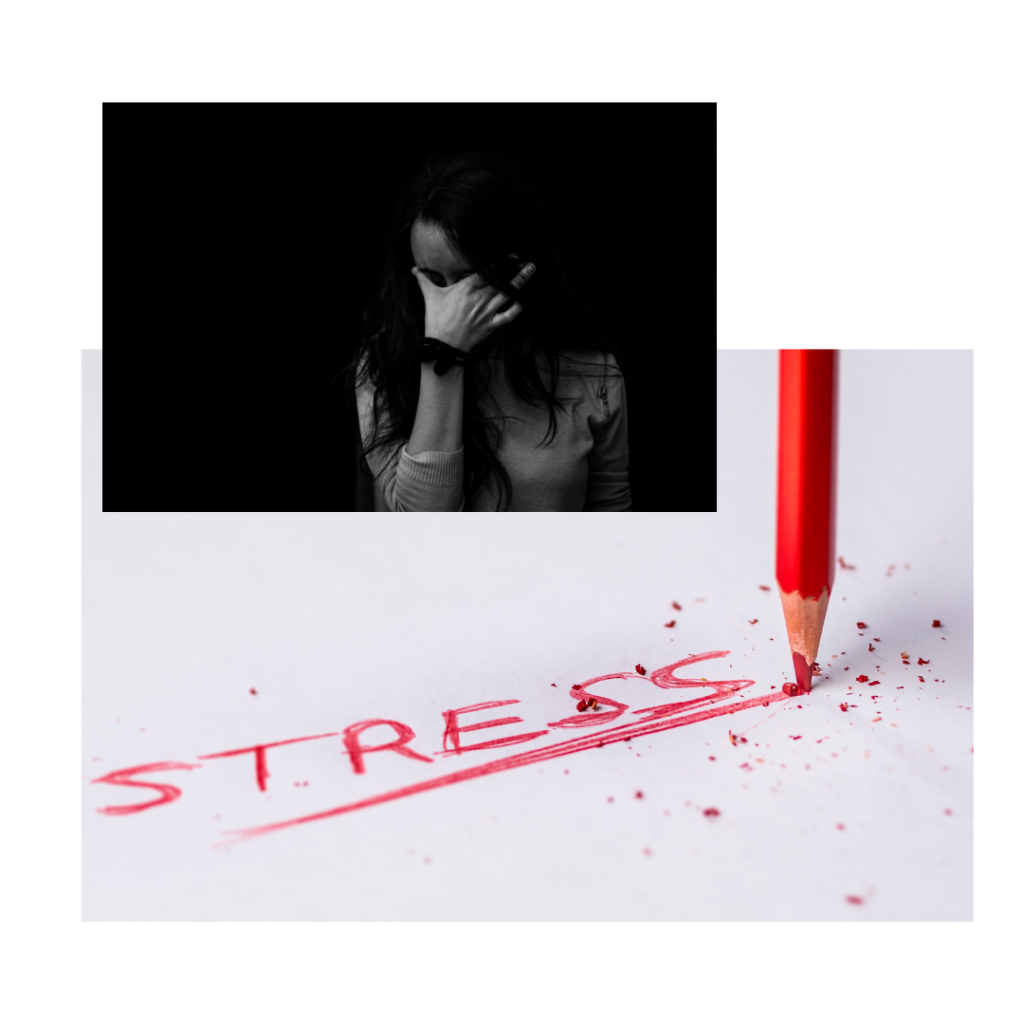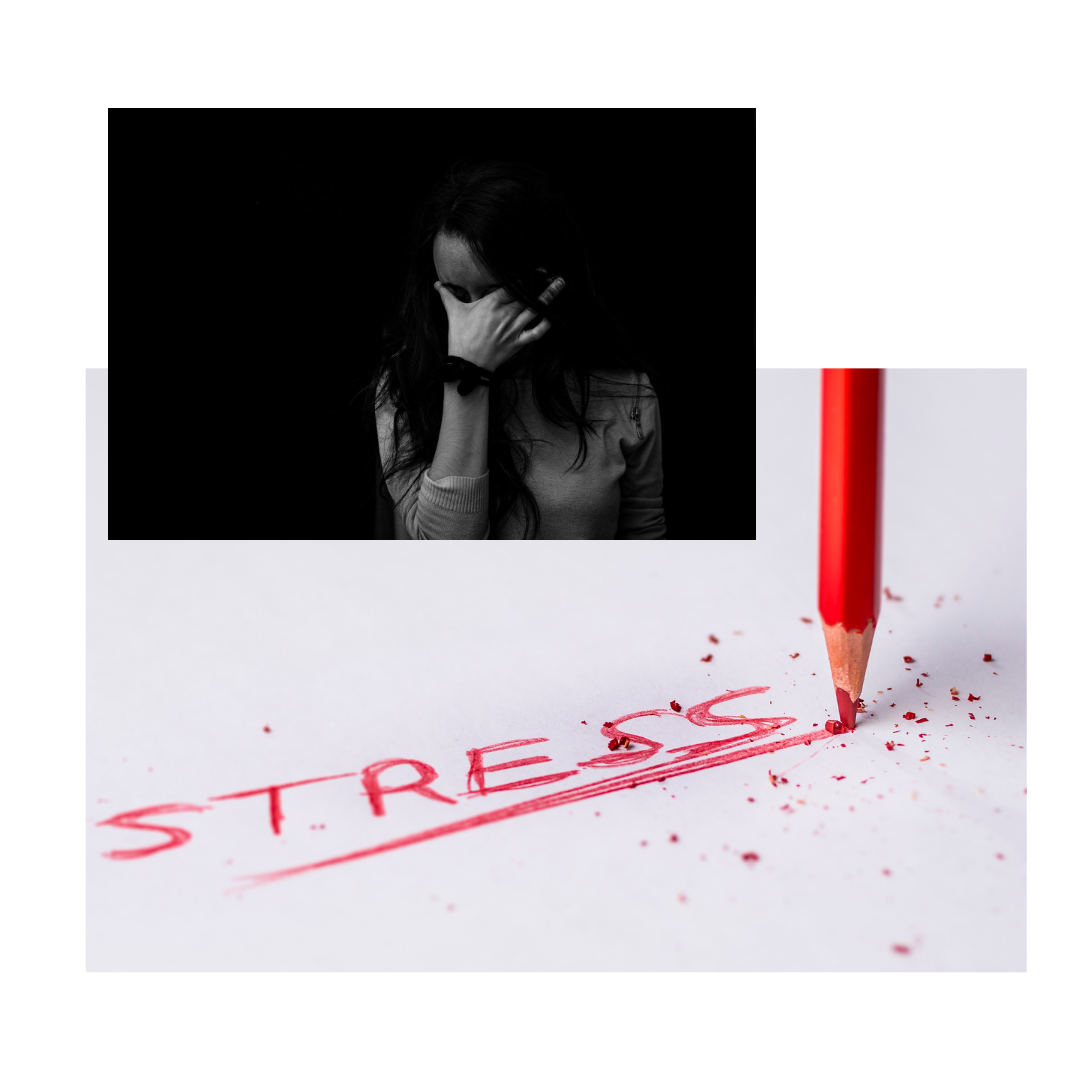
I am continuing to discuss stress this week, it’s such and important subject. I had my first panic attach while still in my teens. I was studying, exams were coming up and I had two jobs. I learned early about how important life/work balance is to our health and the health of the body. I quickly had to implement coping strategies and stress relieving techniques in my life.
This kind of burning the candle at both ends can really build up to chronic stress, raise cortisol levels and produces that inflammation that is so unhealthy for the body. This kind of chronic stress brings with it fatigue. You’ve had a nights sleep, but you still feel tired day after day. I’m not talking about that feeling we’ve all felt, like we have to “catch up” with our sleep schedules by sleeping another 14 hours. I’m talking about chronic fatigue, which is a more consistent version of fatigue that doesn’t really let up and is directly associated with chronic stress. This is sometimes refereed to as Adrenal fatigue is known as a “group of related signs and symptoms (a syndrome) that results when the adrenal glands function below the necessary level,” according to WebMD. Signs of adrenal fatigue are low energy, trouble sleeping, weight gain, mood swings, depression, anxiety, brain fog, and autoimmune issues.
The Adrenal glands are glands that lay atop both kidneys. These glands helped regulate your metabolism, immune system, blood pressure, response to stress, and other essential functions. So, of course, when your adrenal glands have been working overtime constantly producing cortisol, you will feel the effects. With prolonged stress, these adrenal glands tire and reduce the production of hormones like cortisol. Adrenal hormones like cortisol play an important regulatory role in the immune response. So when the adrenals are fatigued, decreased adrenal hormone production may contribute to decreased immune function, with consequent increased susceptibility to infectious illness.
Some believe that problems with the adrenal gland can often be diagnosed with blood tests that measure the levels of these different hormones, although most adrenal gland disorders affect only the adrenal cortex. Blood cortisol is one of the basic tests used to assess adrenal gland function. However, putting testing aside, we can also do our part to manage our stress in healthy ways that can help fight off that adrenal dysfunction, such as protocols that recommend a diet low in sugar, caffeine, and junk food.
The following may also help aid healthy adrenal functions, which can be found in essential vitamin supplements:
- Adrenal Adaptogens
- Vitamins B5, B6, and B12
- Liposomal Vitamin C
- Magnesium
Do you think you might be suffering from chronic stress and hormone disruption? Let’s take a look at specific symptoms:
- Fatigue
- Body aches
- Unexplained weight loss
- Low blood pressure
- Lightheadedness
- Loss of body hair
- Skin discoloration (hyperpigmentation)
- May also crave salt or salty foods in general
With all this being said, regardless if you’re suffering from chronic stress or not, it’s essential to adopt healthy coping mechanisms into your lifestyle when it comes to managing stress. This might mean eating better, doing some deep breathing, exercising, or simply going to bed earlier and getting a full night’s sleep. Other not-so-healthy coping mechanisms may be consuming alcohol in excess, smoking, or overeating, which can all cause health issues down the road, so it’s essential to manage your stress in healthy yet efficient ways!
You deserve to feel good about yourself again! Let me show you how easy it can be to take control of your life so that all aspects of it work together for success. My consultations are entirely free and confidential, so there’s nothing holding you back from taking this first step towards living the life of your dreams. All we need is just one hour together where we’ll discuss what’s going on in your life right now as well as any goals or aspirations for the future when it comes to your health. Book your free consultation here: Calendar
